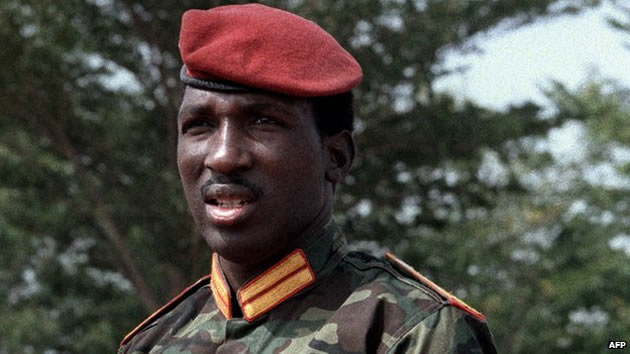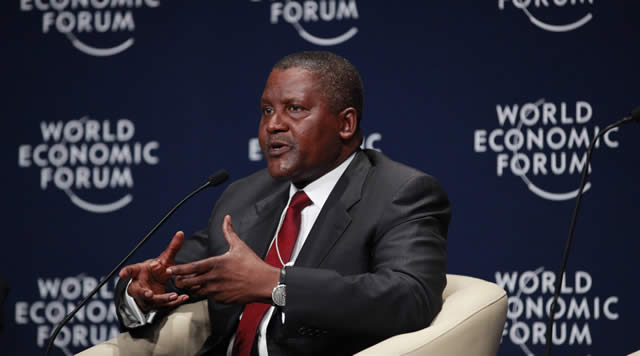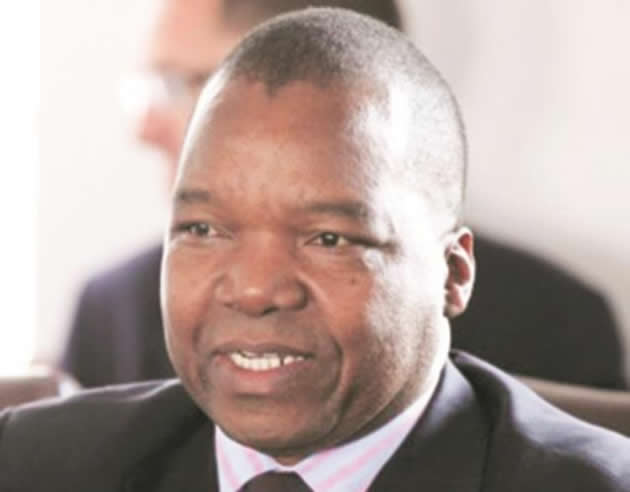Democracy, revolution are inseparable

Reason Wafawarova on Thursday
Just as an atheist can freely sin without thinking of the consequences, our politicians have over the years hidden behind the rhetoric of either democracy or revolution their shortcomings, chief among them corruption.
Our polarised politics in Zimbabwe has left a disaster. We have entertained this unhelpful political divide pitting on one side those claiming to carry the identity of democracy; and on the other those carrying banner of revolution.
Jacob Mafume’s PDP party dismisses the indigenisation as policy as inherently “stupid”, and says the whole policy must be “repealed”, even warning the IMF and others of the danger of being “duped” by our Government.
While Mafume can be dismissed for the joke he and his party are, we cannot dismiss ZANU-PF’s partisan manner used by the party to implement national programmes. It is wrong that a national youth fund is distributed through structures of the ruling party.
In the name of political correctness, we have an opposition that has become inveterate opponents of the people’s revolution, even deriding the country’s liberation war effort and its legacy. We have seen among us people who say the land reform programme is contrary to democracy, and that the indigenisation policy is against the concept of investment, particularly foreign direct investment.
In the name of democracy, we esteem the supremacy of procedural rights, and we have derided and dismissed fundamental primary rights as mere acts of patronage by those obsessed with acquiring the cheap vote. It is hard to put up with a concept of democracy whose definition lies only in procedural and political rights; essential as these may be to the whole essence of a democracy.
Those who claim custodianship to the people’s revolution have not been saints either. We have seen blatant disregard for other people’s fundamental rights, and there has been negation of the principle of democracy in the name of repelling “traitors” and “quislings” of Western powers.
Some of these revolutionary counterfeits only see in the revolution an opportunity to enrich themselves. A revolution is a democratic process, because it is by its very nature a cause for the majority.
The history of revolutions is that democratic uprisings give rise to popular revolutions, and as such revolutions by definition must be an expression of democracy itself, driven by the people’s collective aspiration. Revolutions are not products of propaganda and spin, but true sentiments of majority will.
It is unthinkable that the concept of democracy should ever run contrary to the tenets of a popular revolution, like Zimbabwe’s land reform programme.
Revolutions thrive on popular support and justice, and they do not violate the rights of the minority that may stand opposed to their cause. It is not in the interest of the people’s revolution that opponents of the land reform programme and the indigenisation policy must be persecuted.
Democracy by definition is pro-revolution, and revolution by definition is democratic.
For our own good, we must stop blaming foreign machinations for our own shortcomings.
Equally, it is not the fault of foreigners that our opposition has dismally failed to practise the democracy it preaches, much as it is the fault of foreigners that they have tried to export and impose on us their values as the internationally accepted standard of democracy.
As a writer I have neither mandate nor right to set out doctrines, and I carry no messianic standing for the deliverance of Zimbabweans. I do not make any claims about possessing any truths. But I stand as the voice of the people, the voice of reason.
We live in these dangerous times where the clarity of the revolution has been lost, and we also have those among us who have shamelessly pursued the vision and goals of imperialist forces.
It is hard to imagine how we can reverse the humiliating legacy of colonialism and slavery under the leadership of dishonest and malignant politicians.
We have a leadership that grandstands in great admiration of our fallen revolutionary icons, but they shun the very principles for which these icons lost their lives. How does one offer so great praises to our fallen heroes in such egregious corruption as bedevils our country today without making a perfect fool of him or herself?
We have all become victims of the order of the lesser world invented for us at the fall of colonial empires – a perpetuation of foreign control of our intellectual, cultural, economic and political lives. We believe in this world of perpetual dependency, and that is why we quarrel over whom between the East and the West is the better master for our cause.
We have a revolution hijacked by those whose mentality is to milk foreign businesses in the name of indigenisation, itself not only an unsustainable process, but also a telling sign of dependency.
These are no different to the hopeless wretches that cannot distinguish between democracy and dependency – the laughable lot that have been known to rhapsodise about the birth of a “new Zimbabwe”, presumably founded on borrowed reasoning from our former minority rulers.
The irony of post-colonial Africa is that we pride in the legacy of revolutionaries who brought us political freedom and independence, but we have no clue on what to do with that freedom and independence. In our misery we can only give credence to this gigantic fraud of history that exalts white supremacy, and our leadership in the main is subjugated to foreign hegemonic powers.
Our people want development, they want pride; they want an identity of their own. They want to be part of the family of nations. No foreign government can bear the responsibility of developing a country other than its own.
We must admit that we have among us vampires who thrive on sucking the blood of the nation.
Our own government system sometimes gets hijacked and manipulated by greedy individuals, and we have as a people failed to stop the carnage. We have allowed corruption to develop into a culture; we have legitimised selfish ambition, and we have accepted patronage as a legitimate political process. This is the shame of Africa.
We have often elected hyenas to take good care of the goats. This is the unfortunate relationship between the African voter and his leader.
Thomas Sankara had this to say about the salvation of Africa: “We must state categorically that there is no salvation for our people unless we turn our backs on all the models that charlatans of all types have tried to sell us …” He continued: “There is no salvation outside of this rejection. There is no development separate from a rupture of this kind.”
In Zimbabwe this rupture has taken place, but we are yet to see the salvation in our people-oriented policies. The delay is easily explainable. We have within our leadership people who talk about salvation without renouncing sin. It is unimaginable that kleptocrats can bring salvation to a nation, unthinkable that the corrupt leaders can deliver economic salvation. We can only save ourselves by rejecting the cause of our bondage and misfortune.
Africa is not going to develop without the rupture as suggested by Sankara. Zimbabwe has ruptured, but the commitment to do what it takes to empower the indigenous person has not gone too far beyond political rhetoric.
We have to come to an understanding that the economy is not money, and that money is not the economy. That has been the deception of our time. The economy produces money and not vice versa. This is the lesson those who believe in the power of financial aid must learn. We cannot talk of economic emancipation with a leadership that believes that money is the paper on which it is printed.
South Africa is in the process of rupturing, and the shaking is necessary for the development of the African. The apartheid economy cannot survive forever in an independent South Africa, and the beginning of the end has started showing.
In Zimbabwe the imperialist has been awakened by the dizzying rise of millions of people in rags.Our former colonial masters have stood aghast at the inevitable threat of this hunger-driven multitude so hungry for justice and equality.
We have in our indignation for justice rejected every other form of miracle concepts of development as prescribed by the West.
Our leaders must take note of what has happened to the imperialist exploiter. We can in equal measure collectively reject and discredit underachieving and corrupt leadership.
We have refused to be spirited back to slavery and coloniality, and that is why we have rejected Western-prescribed democracy. Equally, our people will refuse patronage-driven revolution, and they will not accept to be spirited back into economic misery by a leadership with no commitment to national duty.
The fear of this writer is compounded by the fact that there are hardly any stalwarts for justice left even among those that purport to stand for our revolution.
We have in the opposition people whose idea of change is to take over corruption from their political rivals in ZANU-PF.
Equally, there are supposed revolutionaries in ZANU-PF whose idea of a revolution is to win Western favours and sponsorship ahead of their political rivals in the opposition.
Democracy and revolution are inseparable. It is hard to believe that supposedly sane people in Zimbabwe’s political arena see these two concepts as contradictory.
The revolution in our democracy demands unity and tolerance across the nation, just like the democracy in our revolution demands the will of the majority in all affairs political.
With a true revolution the dawn of true democracy comes, and only a true democracy brings about a successful revolution.
Zimbabwe we are one and together we will overcome. It is homeland or death!
- Reason Wafawarova is a political writer based in SYDNEY, Australia.









Comments